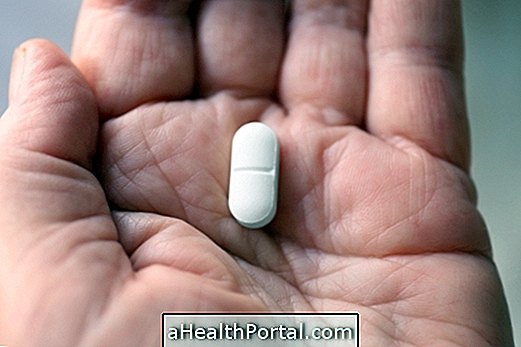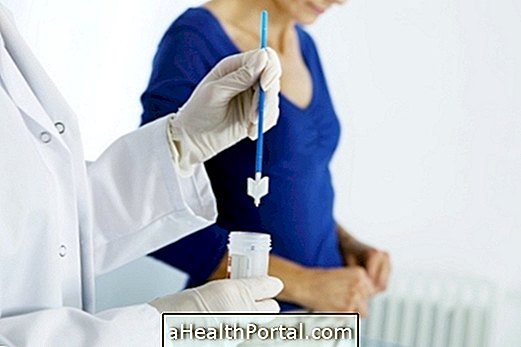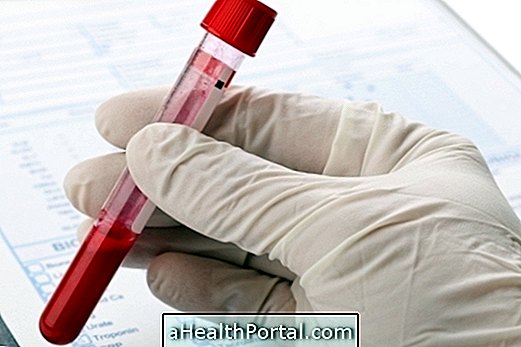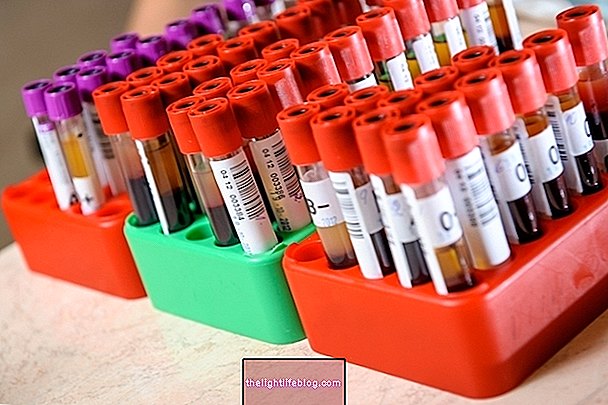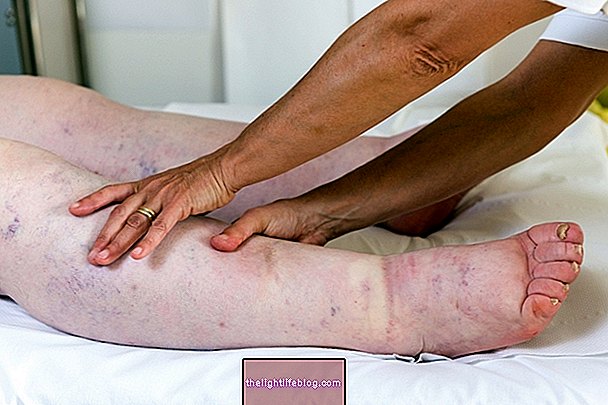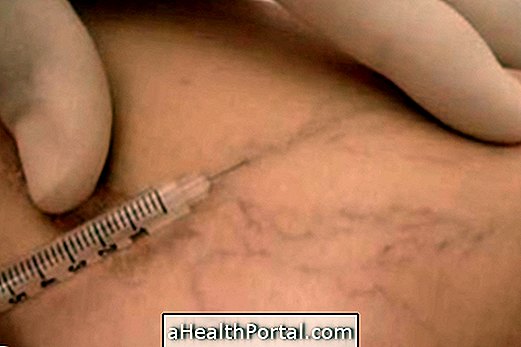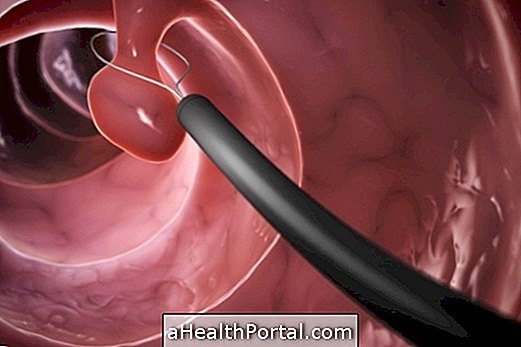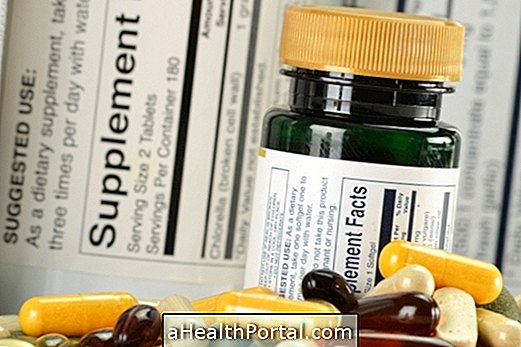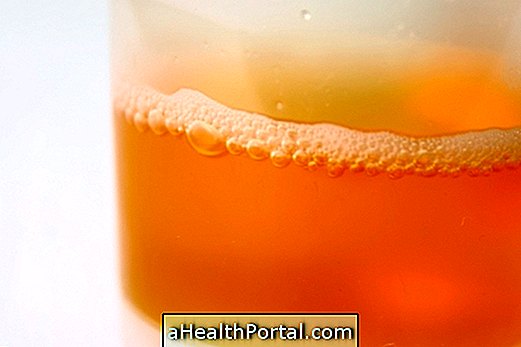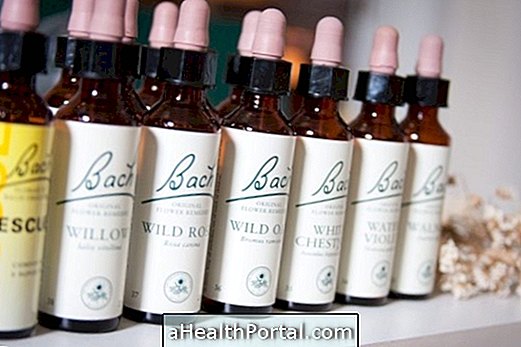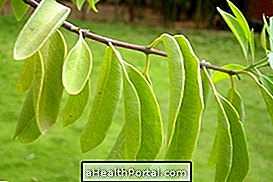Most often, vaginal dryness arises only after menopause, and is related to the natural decrease in the production of the estrogen hormone.
However, this dryness can happen at any age due to various types of problem, causing discomfort especially during intimate contact.
1. Hormonal changes
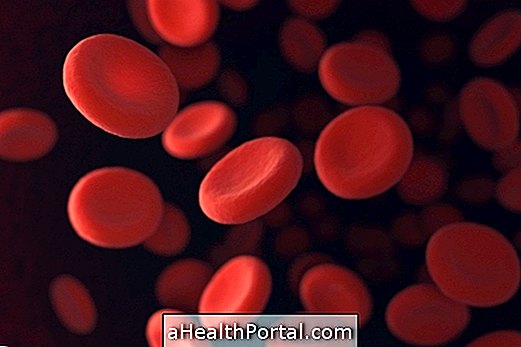
One of the main causes of vaginal dryness is the reduction of the amount of estrogen in the body, because this is the hormone responsible for maintaining a thin layer of lubricating fluid in the mucous membranes of the vagina, avoiding vaginal dryness.
These changes in the amount of estrogen are usually caused by menopause, but may also occur after delivery, during breastfeeding or when using anti-estrogen remedies to treat uterine fibroids or endometriosis.
What to do: It is advised to consult the gynecologist to evaluate the levels of estrogen in the body and initiate the replacement of this hormones with medicines, if necessary and possible.
2. Use of medicines

Some medications used to treat colds or allergies, which contain antihistamines, as well as medicines used to treat asthma symptoms can cause dry mucous membranes throughout the body, including the genital area.
What to do: It is advisable to consult the doctor who prescribed these medicines to evaluate the possibility of switching to another type of medicine.
3. Allergies

Products used in the bath and in the intimate region may contain chemicals that, while not normally irritating, can cause allergy in some people, causing dryness and redness on the spot. In addition, the use of panties with tissues other than cotton can also cause this type of irritation, causing vaginal dryness.
What to do: If a new product has been started during bathing, it is advisable to discontinue use and see if the symptoms improve. It is also advisable to wear cotton knickers during the day as they have less risk of irritation.
4. Excessive anxiety

Anxiety is a natural and very frequent feeling during several phases of one's life, however, when this anxiety develops in excess it can cause changes in the normal functioning of the body.
These changes often cause a decrease in libido and a woman's sexual desire, which can lead to a decrease in the production of vaginal lubricant, causing mucosal dryness.
What to do: In these cases it is recommended to use strategies that help deal with anxiety or consult a psychologist to initiate appropriate treatment if necessary. Here are some strategies that can help relieve anxiety.
5. Lack of stimulation

In these cases, vaginal dryness arises mainly during intimate contact and causes intense discomfort and even pain. This is because sexual stimulation increases a woman's libido by improving vaginal lubrication.
So when this does not happen properly some women may find it more difficult to produce the natural lubricant, causing dryness.
What to do: A good strategy in these cases is to increase the time of preliminaries before contact and explore the couple's desires, in order to increase libido and facilitate vaginal lubrication.
How to treat vaginal dryness
The best way to end vaginal dryness is to identify the correct cause and initiate appropriate treatment. So, the most important thing is to consult a gynecologist for an evaluation and tell another doctor if necessary.
However, in any case, lubricants and intimate moisturizers may be used to relieve discomfort, especially during intimate contact. However, this is a temporary solution that does not solve the problem and should always be evaluated by a doctor.
Get to know some home remedies that can help increase vaginal lubrication while you wait for your gynecologist's appointment.


